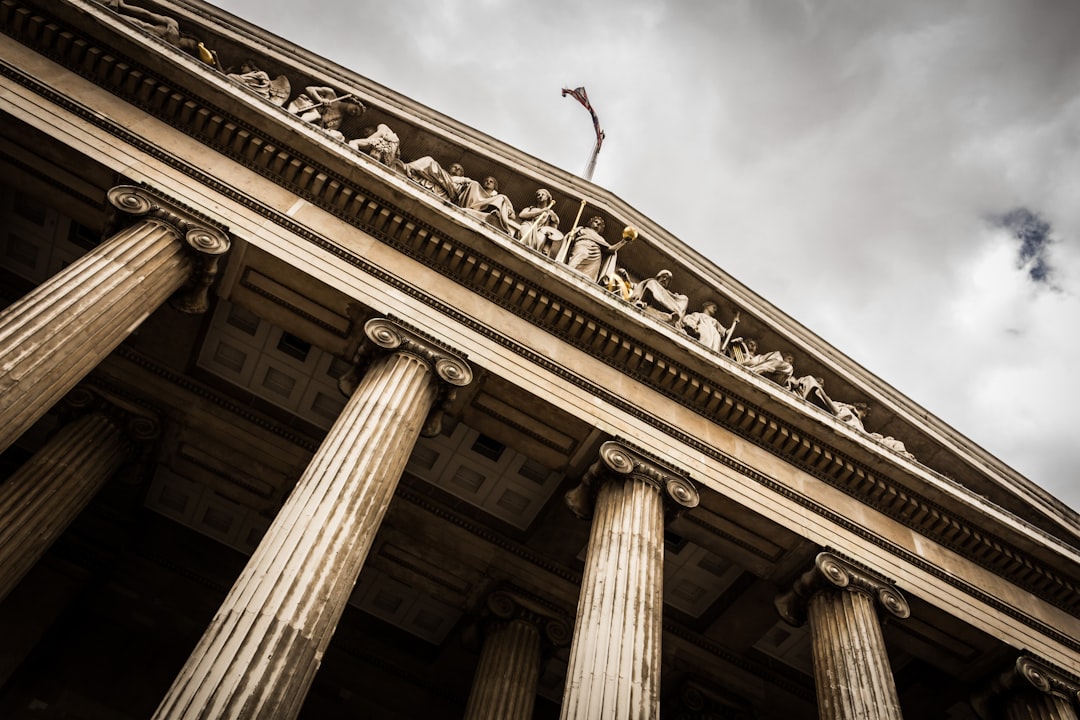Sexual misconduct is a significant concern in Rhode Island schools, with numerous reported cases annually. The state's education system needs to address this issue through proactive measures like raising awareness, implementing strict policies, and providing training on sexual harassment dynamics and prevention strategies. Schools must establish clear guidelines, update policies regularly, and offer support systems for victims and perpetrators. Non-compliance carries severe legal repercussions, making it crucial for schools to collaborate with school abuse lawyers in Rhode Island for accountability and comprehensive victim support. Community engagement, including workshops and open dialogue, further discourages abuse and fosters a safer learning environment.
In Rhode Island, addressing sexual misconduct within educational institutions is a pressing issue that demands immediate attention. This article explores comprehensive strategies for schools to prevent and mitigate such incidents across cities. We delve into the scope of the problem, emphasizing the need for robust policies and training. Understanding legal obligations is crucial, as are community engagement and support systems for victims and perpetrators. By implementing these measures, schools can foster a safer environment, ensuring students’ well-being and empowering them to report any abuse with confidence, aided by school abuse lawyers in Rhode Island.
Understanding the Scope of Sexual Misconduct in Rhode Island Schools

Sexual misconduct in Rhode Island schools is a pressing issue that demands attention and proactive measures. According to recent studies, instances of school abuse, including unwanted sexual advances, harassment, and assault, have significantly impacted both students and staff across various cities. The scope of this problem is vast, with numerous cases reported annually, highlighting the urgent need for comprehensive prevention strategies.
Rhode Island’s education system must acknowledge that sexual misconduct can occur at any level and in diverse forms. It involves not only physical acts but also verbal and non-verbal behaviors that create a hostile environment. By raising awareness and implementing strict policies, schools can foster a culture of respect and consent, empowering students and staff to recognize and report inappropriate behavior. Engaging school abuse lawyers Rhode Island can provide expert guidance on legal aspects, ensuring institutions are well-equipped to handle such matters effectively.
Role of Comprehensive Policies and Training in Prevention

Comprehensive policies and training are pivotal in preventing sexual misconduct within schools across Rhode Island cities. Schools must establish clear guidelines that define acceptable behavior, outline procedures for reporting incidents, and detail consequences for violations. These policies should cover all forms of sexual harassment and assault, including peer-to-peer interactions, teacher-student relationships, and any other situations that could lead to abuse. Regularly updating these policies to align with state laws and best practices is essential, as it ensures that schools remain vigilant against emerging trends in sexual misconduct.
Training programs play a complementary role by educating both staff and students about the dynamics of sexual harassment and assault, the importance of consent, and effective strategies for prevention. Workshops, seminars, and mandatory courses can help foster a culture of awareness and respect. Additionally, training should equip educators with the skills to recognize signs of distress or unusual behavior in students, enabling them to intervene and provide appropriate support. By combining robust policies and thorough training, schools can create an environment that discourages sexual misconduct and empowers individuals to take proactive measures against potential abuse, supported by the expertise of school abuse lawyers Rhode Island when needed.
Legal Obligations and Consequences for Non-Compliance

Schools in Rhode Island have a legal obligation to maintain a safe learning environment, free from sexual misconduct. Non-compliance with state laws and regulations can result in severe consequences for educational institutions and individuals involved. School abuse lawyers in Rhode Island play a crucial role in holding schools accountable for their failure to protect students and staff.
Legal ramifications may include monetary fines, loss of accreditation, damage to the school’s reputation, and even criminal charges against those responsible. To avoid these pitfalls, schools must implement comprehensive policies, provide adequate training for staff, and encourage open communication channels for victims to report incidents without fear of retaliation.
Community Engagement and Support Systems for Victims and Perpetrators

Community engagement is a powerful tool in preventing and addressing sexual misconduct within schools in Rhode Island. By fostering open dialogue and building support systems, schools can create an environment that discourages abuse and offers assistance to victims. Engaging with local communities, including parents, students, and community organizations, allows for the identification of at-risk individuals and the development of targeted interventions. School administrators can collaborate with local authorities, health services, and legal professionals specializing in school abuse cases in Rhode Island to ensure comprehensive support for those affected.
Support systems play a dual role by offering help to victims while also promoting accountability among perpetrators. Counseling services, peer support groups, and educational workshops can empower students who have experienced or witnessed misconduct. Additionally, implementing programs that teach consent, healthy relationships, and empathy can prevent future incidents. For perpetrators, restorative justice practices, counseling, and community service can aid in rehabilitation while holding them accountable for their actions. This holistic approach ensures that victims receive the necessary support and that perpetrators understand the impact of their behavior.





